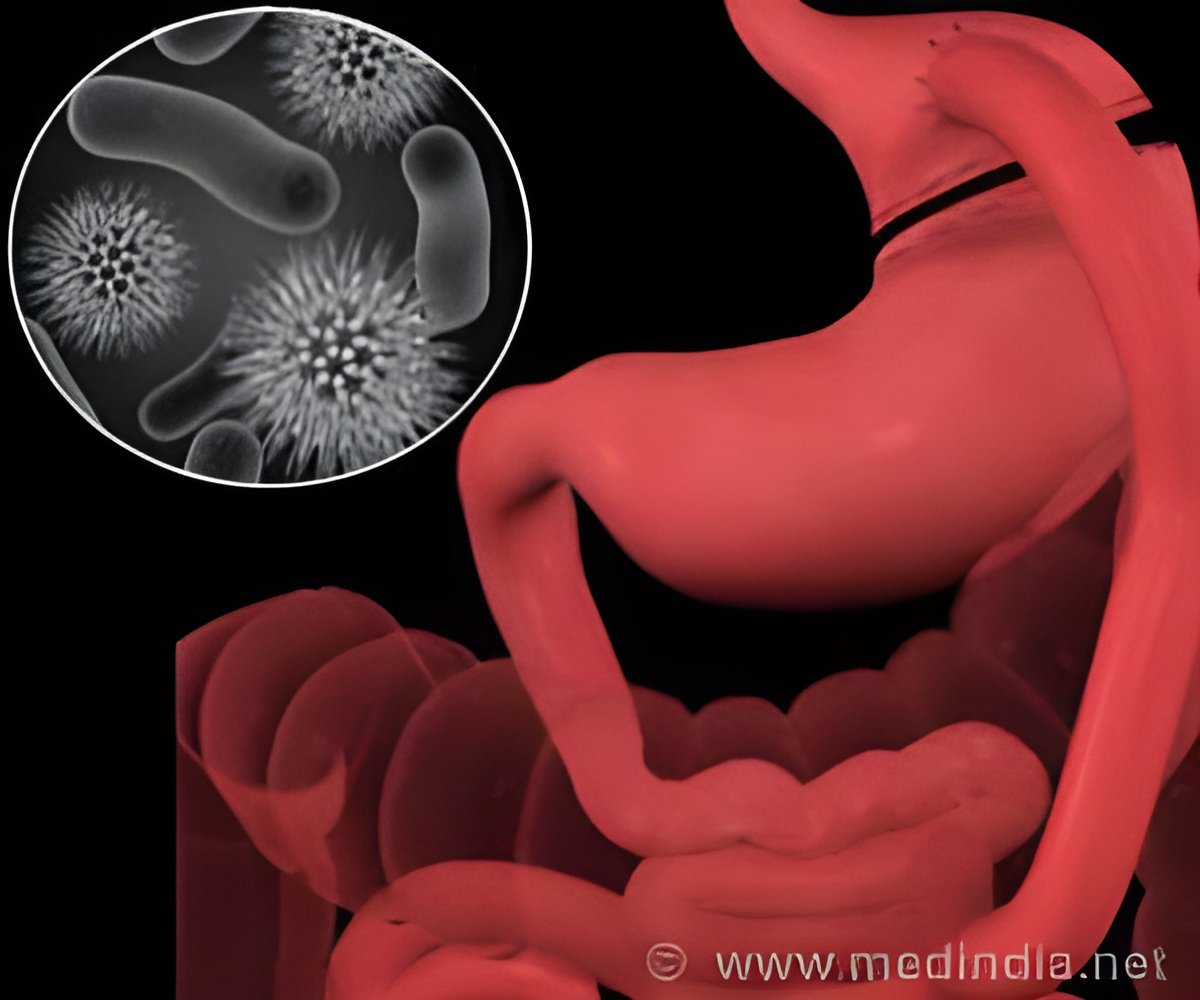Scientists at the Wellcome Trust Sanger Institute have grown and studied the genome of more than 130 bacteria from the human intestine.

‘Wellcome Trust Sanger Institute researchers have cultured 130 gut bacteria in the laboratory conditions which has helped them to understand their biology, facilitating development of therapeutics to treat intestinal-associated disorders.’





Microbiome constitute about 2% of the body weight and all these bacteria are sensitive to oxygen. They can survive only in an anaerobic condition. Scientists used a special process to culture them anaerobically and sequence their genome. Most of these bacteria were spore forming ones, which helped the scientists to isolate them from the non-spore forming ones. For the very first time, scientists have analyzed the spore forming bacteria present in the human gut. Spores can survive for longer periods of time under hibernation and therefore, they can be passed between people, potentially transmitting different diseases. This mechanism sheds light on the transmission of diseases not only through genes but also by microbiome.
Considering this discovery, these scientists are now planning to develop pills containing beneficial bacteria that can cure many diseases. This could also help in finding a cure for growing antibiotic resistance.
Antibiotics can eliminate both beneficial and pathogenic bacteria from the intestines, which may favor the regrowth of antibiotic-resistant bacteria leading to health complications, such as Clostridium difficile infection.
Fecal transplants may be used for treating Clostridium difficile infection, but it's practically not feasible. Therefore, scientists think that pills infused with these microbes can help in treating the disease. Patients can take this pills instead of fecal transplants.
Advertisement
Source-Medindia













